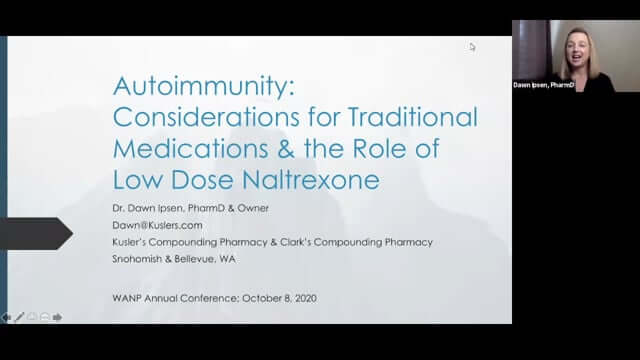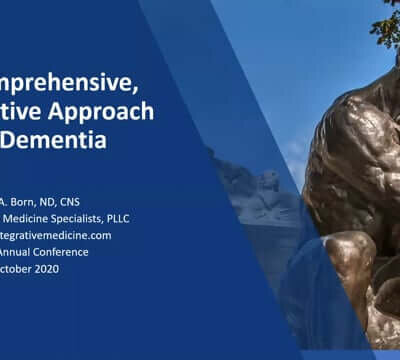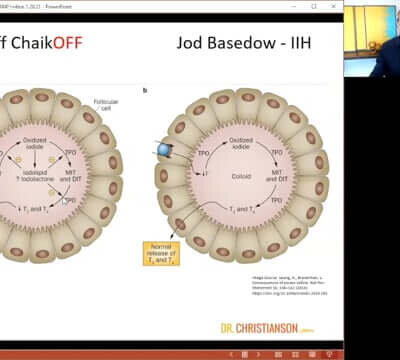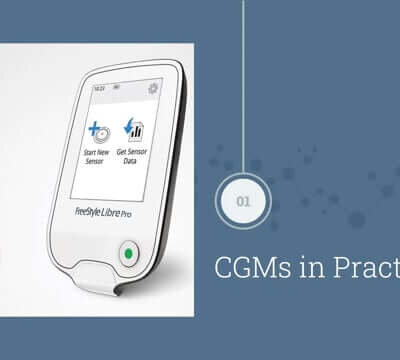Description
Autoimmune diseases currently affect 7% of the US population and rates are rising. Women tend to have a higher incidence of autoimmunity than men. Risk factors include women of childbearing age, people with a family history of autoimmune disease, and environmental exposures to certain chemicals and infections. Autoimmunity is a leading cause of death and disability. What happens when the body begins to make autoantibodies against its self? What is there to do when T-cells fail to work properly to keep immune system function in check? Currently there are more than 100 known types of autoimmune diseases. Fatigue, dizziness, and a low-grade fever are hallmark symptoms that correspond with many of the known types of autoimmune disease. Other symptoms can occur specific to a particular type of autoimmunity. Symptoms often come and go. Remission is possible and flares of disease progression can occur. Traditional pharmaceutical treatment of autoimmune disease typically focuses on relieving the symptoms, replacing the hormone necessary for function, and suppressing the immune system. Specific types of medications prescribed include Disease Modifying Anti Rheumatic Drugs (DMARDs) and conventional biologic therapies, such as anti-TNF (tumor necrosis factor) medications. The most commonly used DMARDs include corticosteroids, hydroxychloroquine, azathioprine, methotrexate, and sulfasalazine. Biologics therapies are the primary focus of new research for treatment of autoimmune diseases. Commonly known biologics include etanercept, adalimumab, and infliximab. During this presentation we will look more closely at these medications, which are used to modify the immune system and therefore disease progression. We will explore considerations for patient management including approaches for monitoring and modifying medication therapy. Low Dose Naltrexone (LDN) is a medication with over 30 years of historic use for autoimmune diseases. LDN could be considered for any disease process where the immune system is dysfunctional and inflammation is contributing to the symptomology. Such conditions include, but are not limited to, Multiple Sclerosis, Fibromyalgia, Complex Regional Pain Syndrome (CRPS), Irritable Bowel Disease, Crohn’s Disease, Hashimoto’s Thyroiditis, Grave’s Disease, and autoimmune skin conditions such as Psoriasis and Hailey-Hailey Disease. We will investigate the latest information around uses for specific autoimmune disease states, dosing protocols and considerations, side effect management, concomitant medication management, and proper monitoring for therapeutic benefit. Content will be presented in both didactic and case format.
Speaker Bio: Dawn Ipsen, PharmD, is owner and pharmacist of Clark’s Compounding Pharmacy in Bellevue, WA, and Kusler’s Compounding Pharmacy in Snohomish, WA. Dawn was graduated from the University of Washington in 2001 with a Doctorate of Pharmacy. While there, she received the Dean’s Outstanding Service Award. She holds memberships with International Academy of Compounding Pharmacists and Washington State Pharmacy Association. She is a Clinical Instructor for the University of Washington School of Pharmacy and an Affiliate Faculty Member for Bastyr University. She is a Pharmacist Preceptor for Washington State and teaches Doctorate of Pharmacy students. Dawn also serves on the Professional Compounding Centers of America (PCCA) Advisory Counsel. She was named PCCA Pharmacist of the Month in 2016 and Washington State Distinguished Young Pharmacist of the Year in 2011. Dawn has presented on the topic of pharmaceutical compounding to physician, patient, and peer groups. She is dedicated to helping her community find solutions to medication problems through personalized medication therapies.
*Certified by the WANP for 1 Category 1 continuing education credit (including 1 Pharmacology credit) for Washington NDs*
(Originally presented on October 9, 2020)




